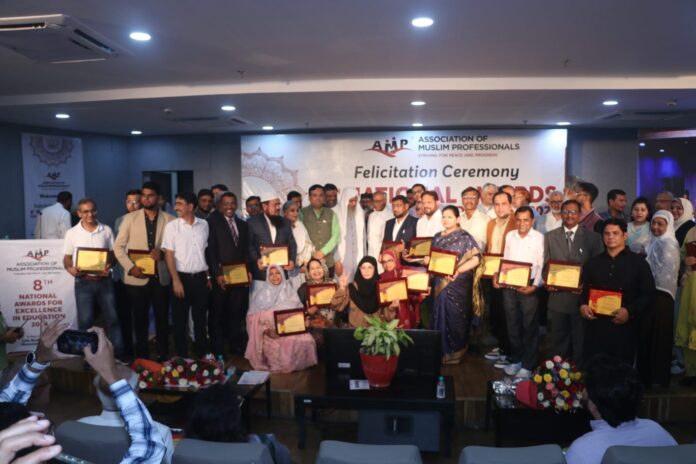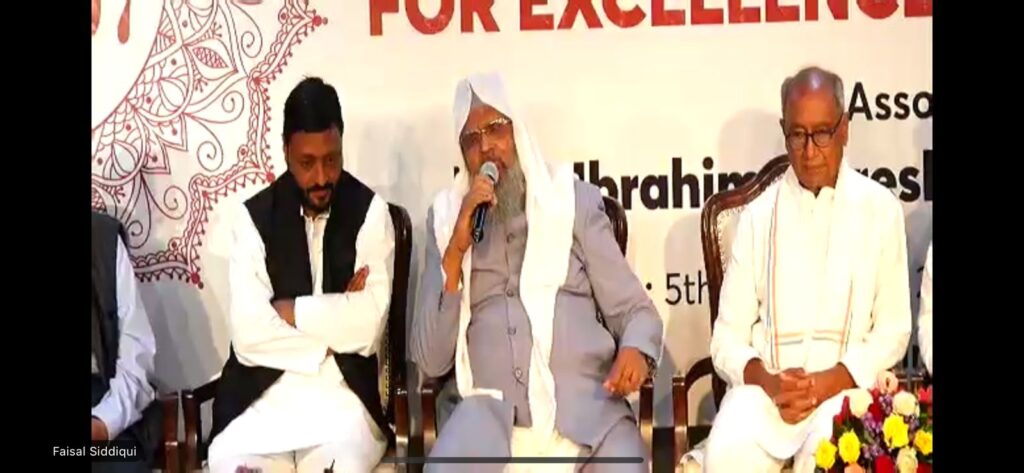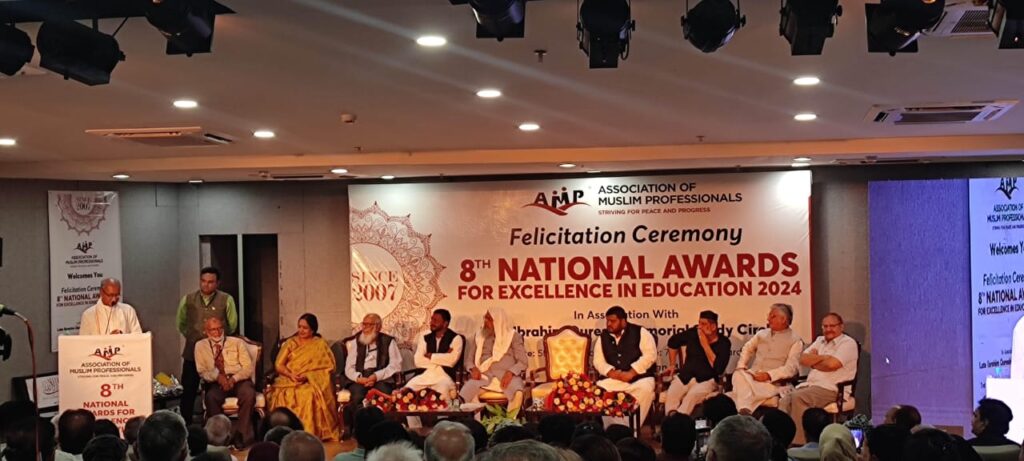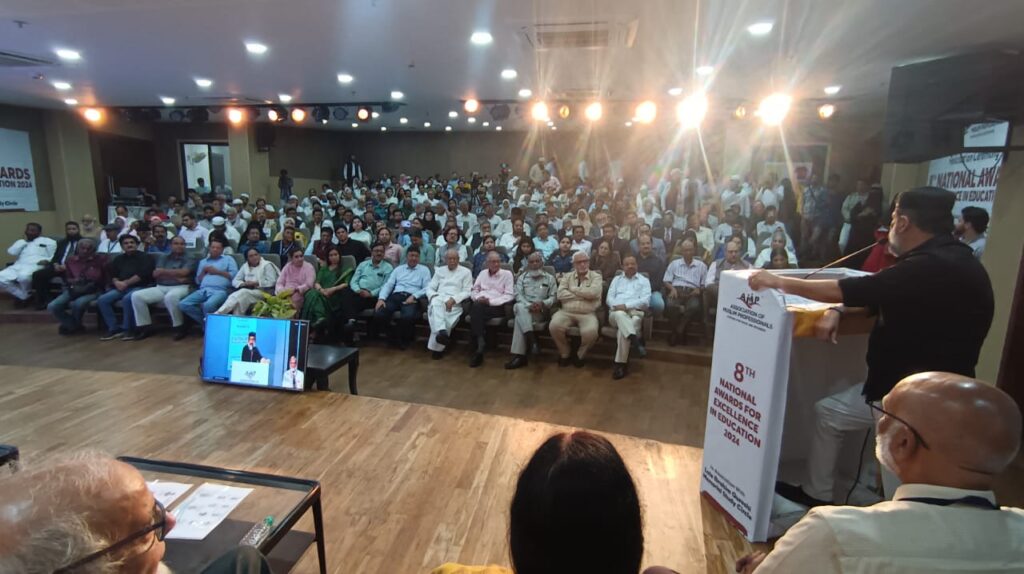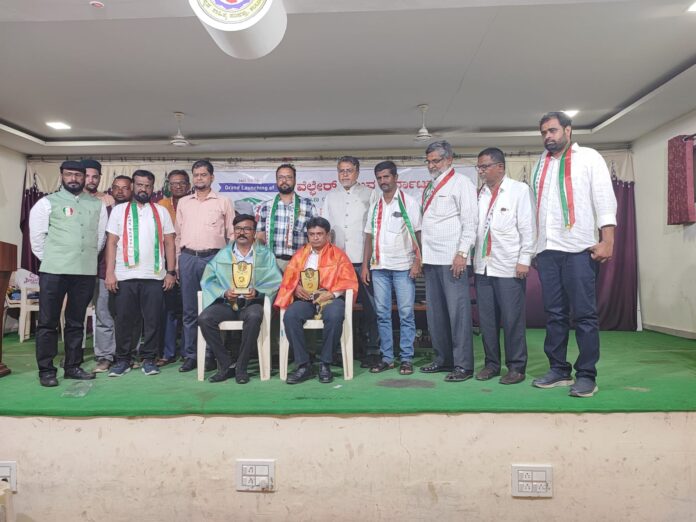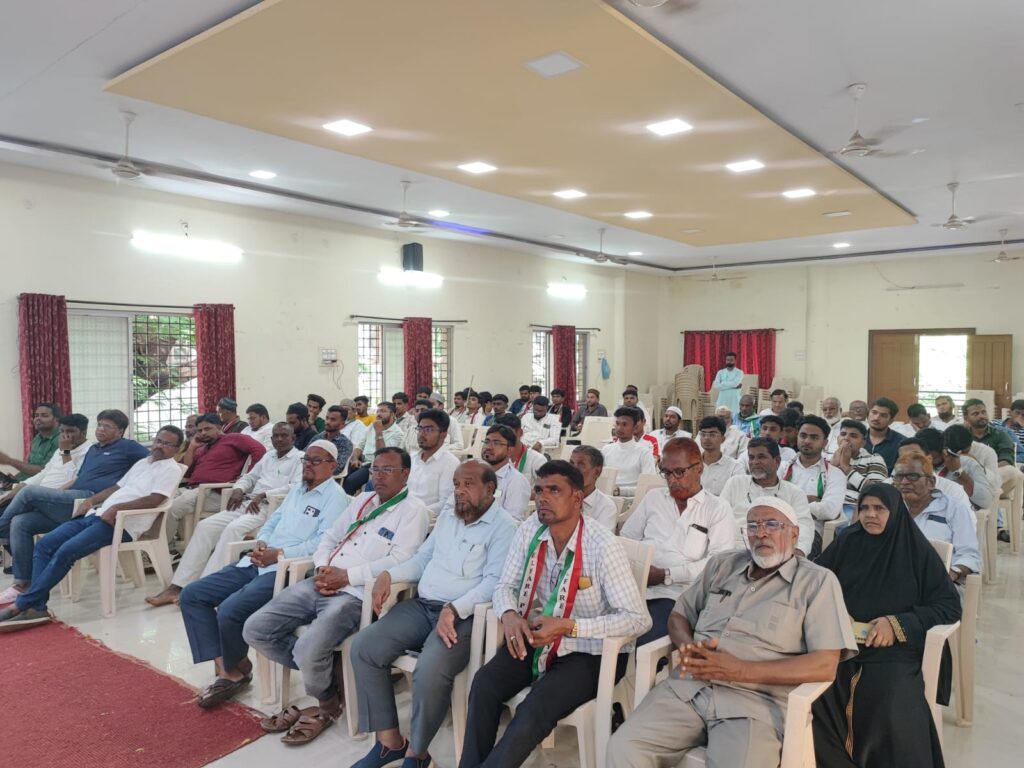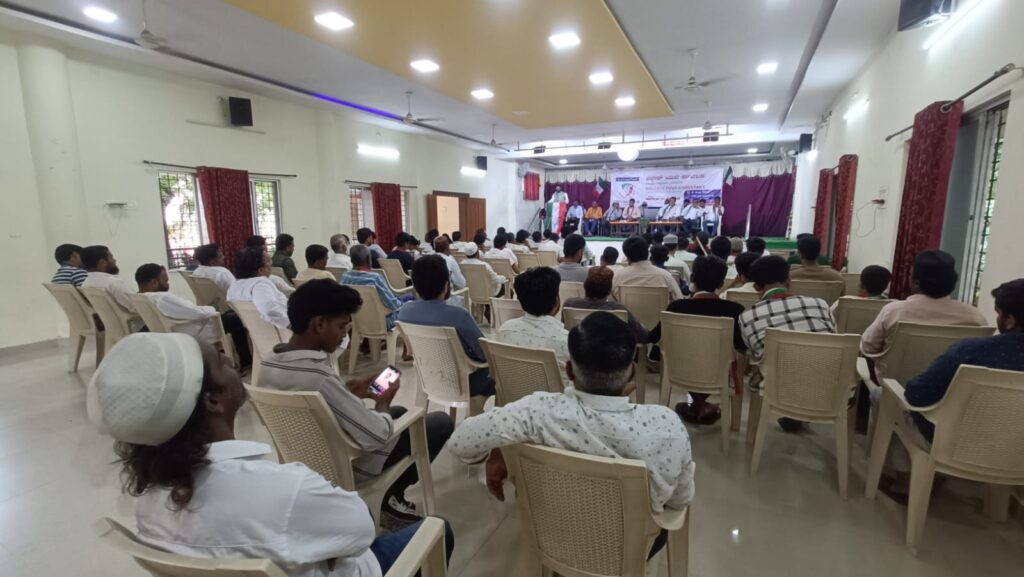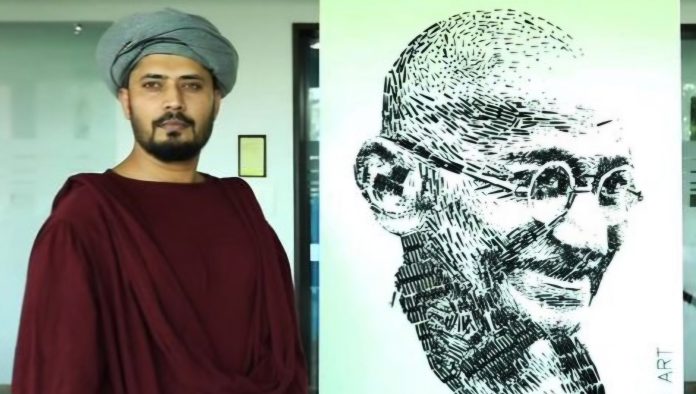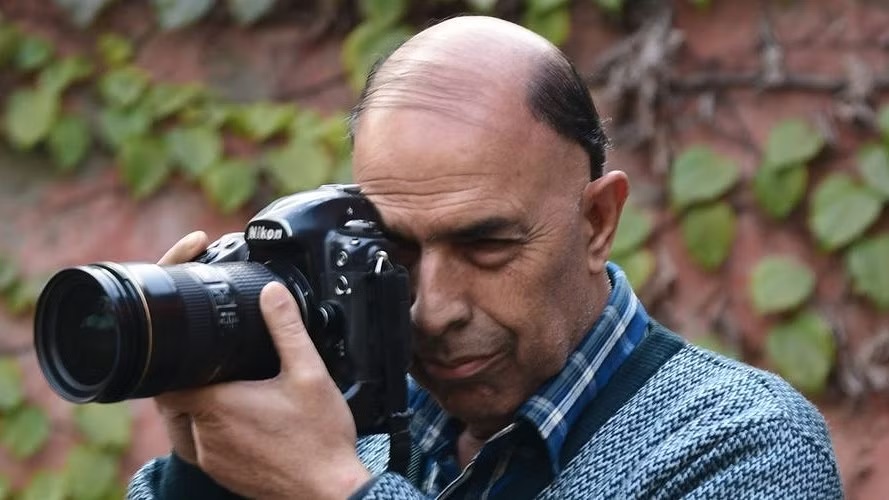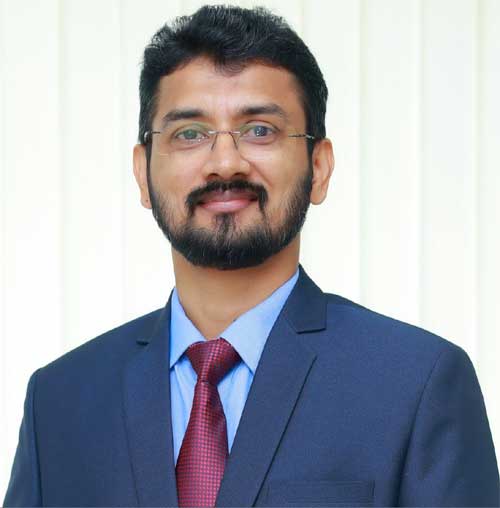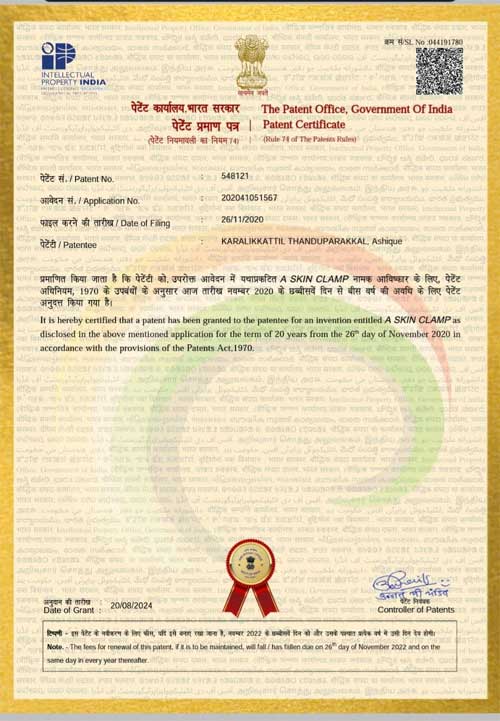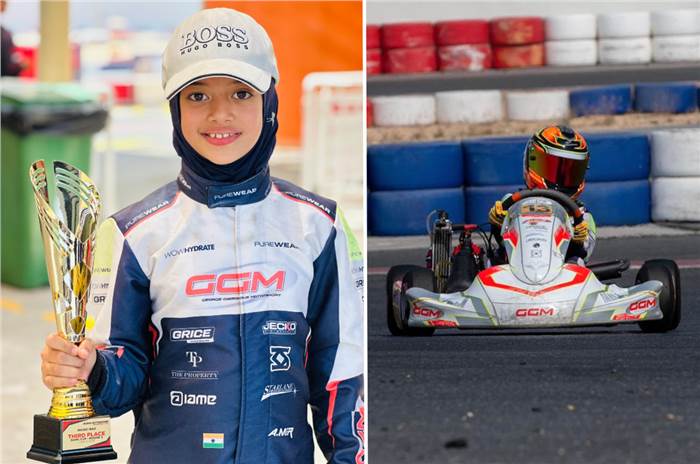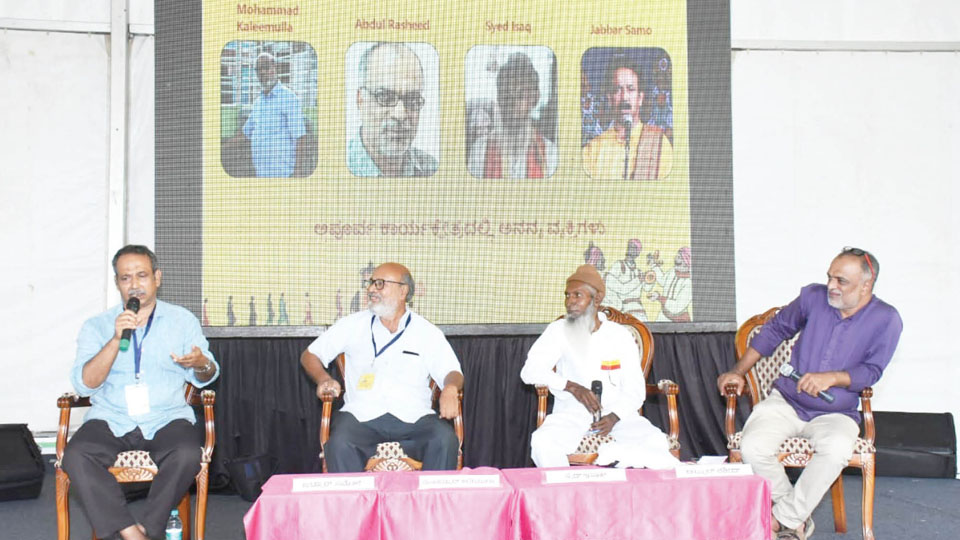NEW DELHI :
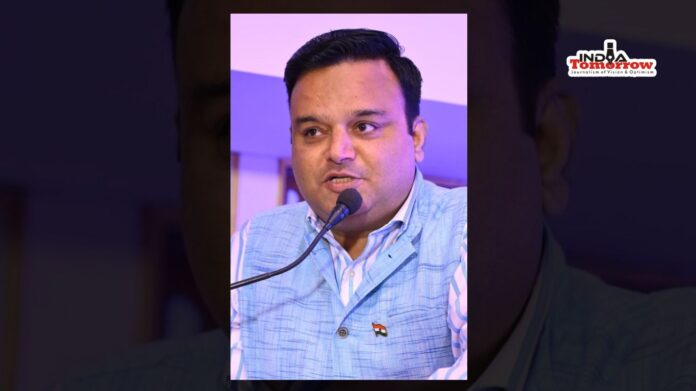
New Delhi :
Renowned social worker Farooq Siddiqui has launched a public awareness campaign urging students and eligible youth to register for the recently announced Prime Minister’s Internship Scheme. The initiative, aimed at providing valuable internship opportunities to one crore young Indians over five years in 500 top companies, has already gained momentum. Companies like Mahindra & Mahindra, Alembic Pharmaceuticals, and Max Life Insurance have listed over 1,000 internship positions as part of the scheme’s pilot phase on the first day of the portal’s launch.
Under the pilot, 111 companies have signed up, offering 1,077 internship positions across key sectors such as automotive, pharmaceuticals, and agriculture. The internship portal has been live for companies to list positions since October 3, and from October 12, eligible candidates can start registering for internships through the government portal http://www.pminternship.mca.gov.in
Siddiqui highlighted the scheme’s potential to empower unemployed youth by providing them with hands-on experience in top companies. “This initiative is a game-changer for our young people. I strongly urge NGOs and civil society organizations to help spread the word and encourage eligible candidates to register. This is a unique opportunity for skill-building and career development,” Siddiqui said.
The internship scheme targets youth between the ages of 21 and 24 who are not currently employed or enrolled in full-time studies. Eligible candidates must have completed high school, higher secondary school, or hold a diploma from an ITI, Polytechnic, or a degree in fields like BA, BSc, B.Com, BCA, BBA, or B.Pharma. The program, however, excludes those with higher qualifications such as CA, MBA, and graduates from IITs, IIMs, and other premier institutions.
Interns selected through this scheme will receive a stipend of Rs 4,500 per month via Direct Benefit Transfer (DBT). They will also be covered by the government’s insurance programs—PM Jeevan Jyoti Bima Yojana and PM Suraksha Bima Yojana—at no cost. Additionally, companies will contribute Rs 500 per month, and a one-time annual payment of Rs 6,000 will be made to the interns, bringing the total annual benefit to Rs 66,000.
Siddiqui noted that the first pilot phase, which involves a government investment of Rs 800 crore, aims to place 1.25 lakh youth in internships by December. He further emphasized the importance of reserving opportunities for marginalized groups, such as SCs, STs, OBCs, and the disabled, in line with government policies.
To ensure a smooth process, nodal officers will be appointed by participating companies to address any concerns raised by the interns. The government has also established a negative list of ineligible candidates, including those from families earning more than Rs 8 lakh annually or having a regular government employee in the family.
As the registration date for candidates approaches, Siddiqui stressed the importance of collaboration from all sections of society, urging more companies, banks, and financial institutions to join the scheme and offer internships. “This is not just about internships. It’s about building futures and enabling our youth to contribute to the nation’s economy,” he concluded.
Siddiqui’s call to action has resonated widely, and it is hoped that the collective efforts of the government, companies, NGOs, and civil society will ensure maximum participation in this impactful program.
source: http://www.indiatomorrow.net / India Tomorrow / Home> Education / by India Tomorrow Admin / October 04th, 2024
